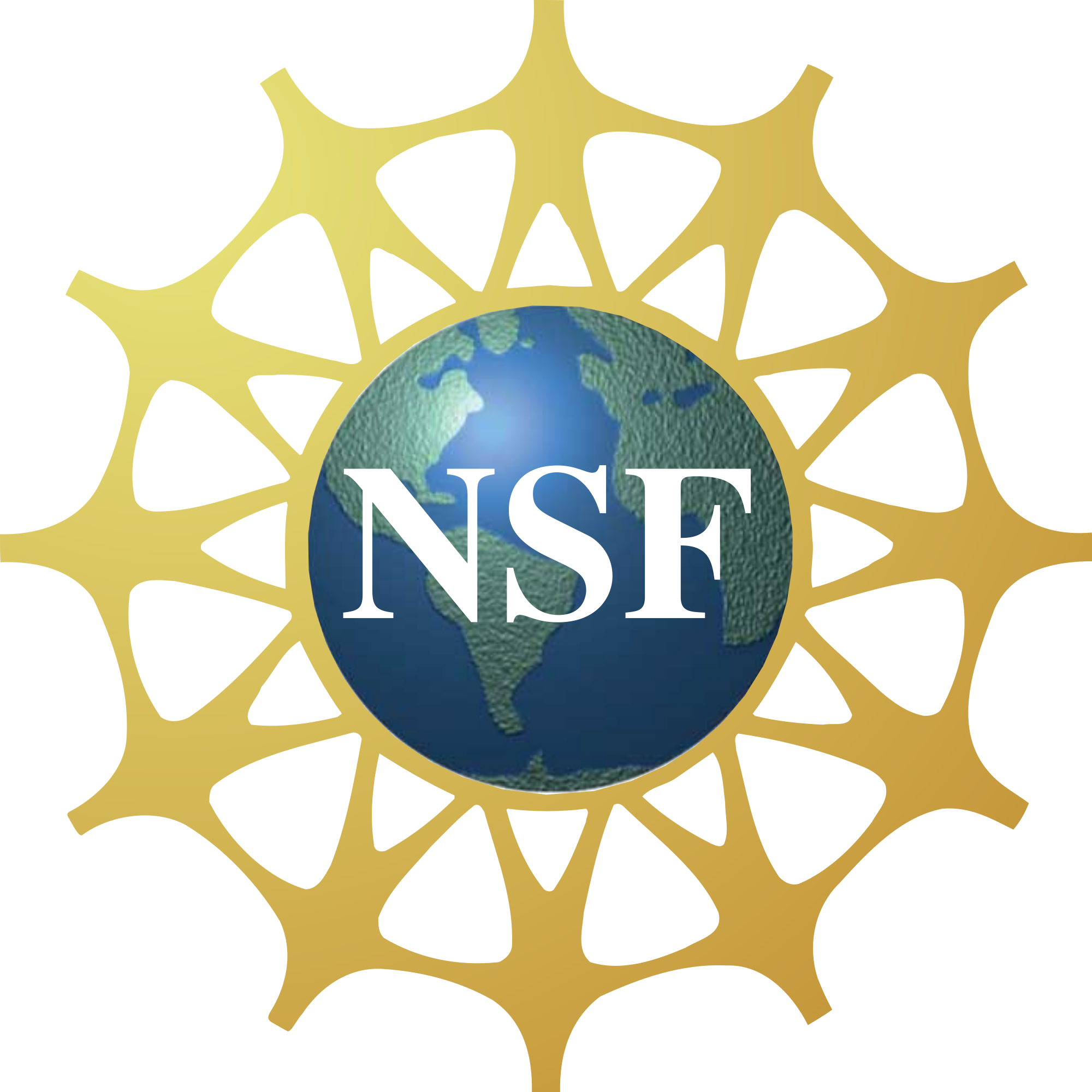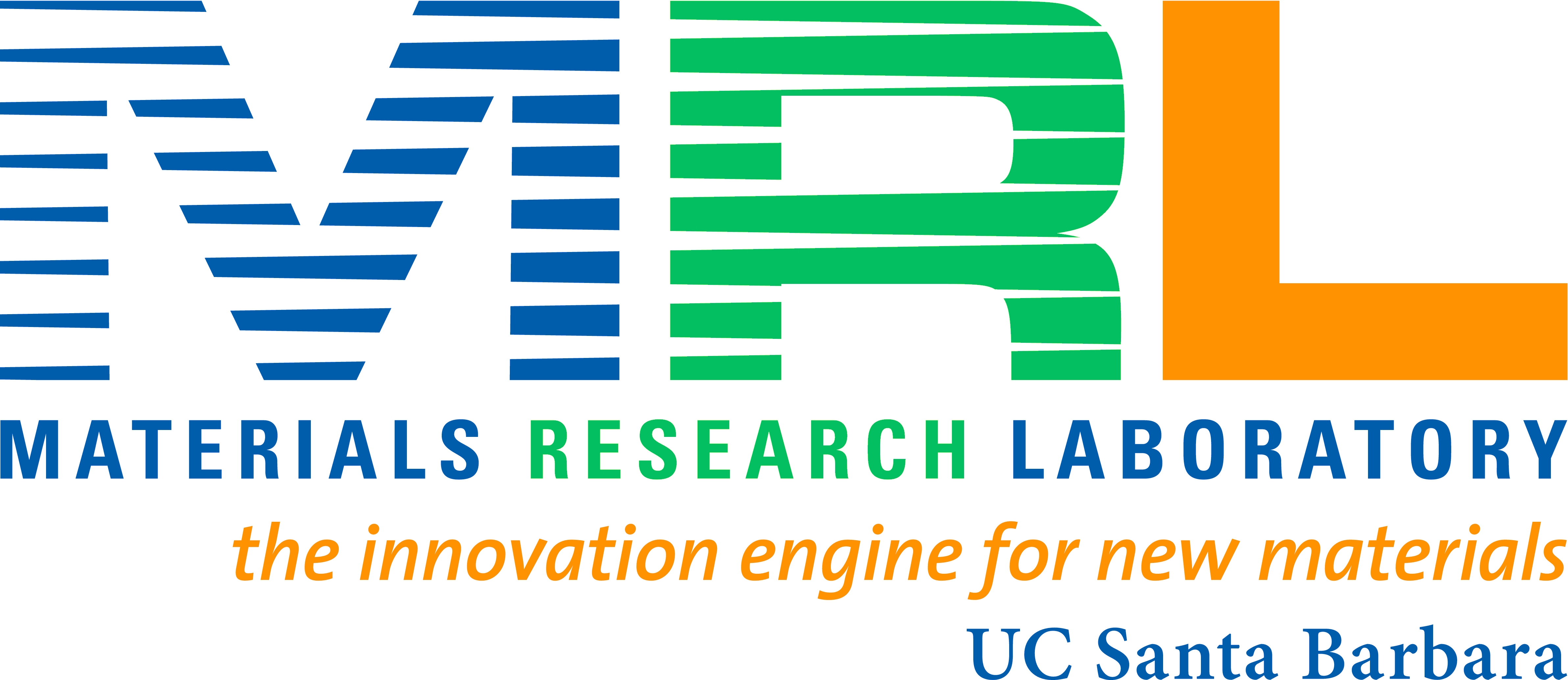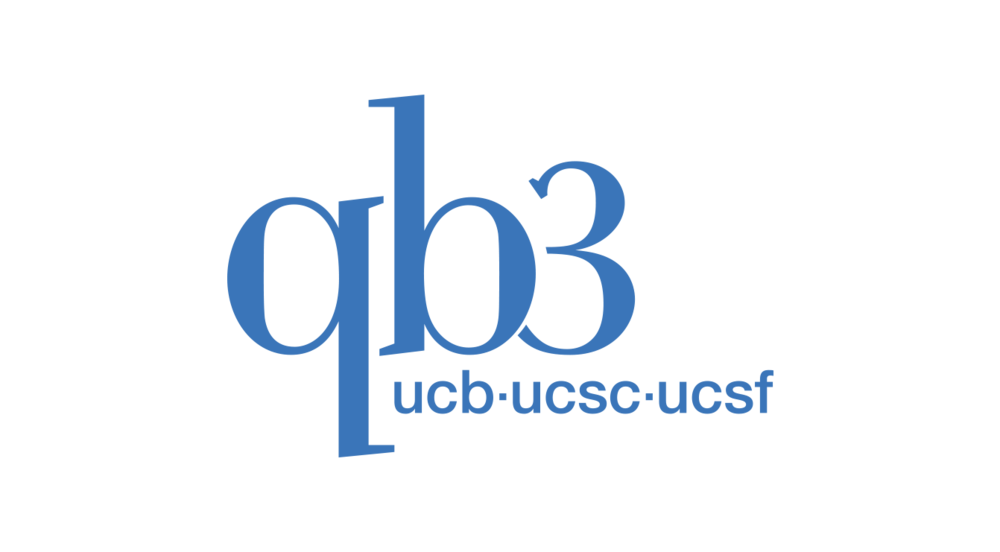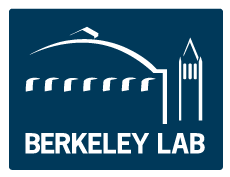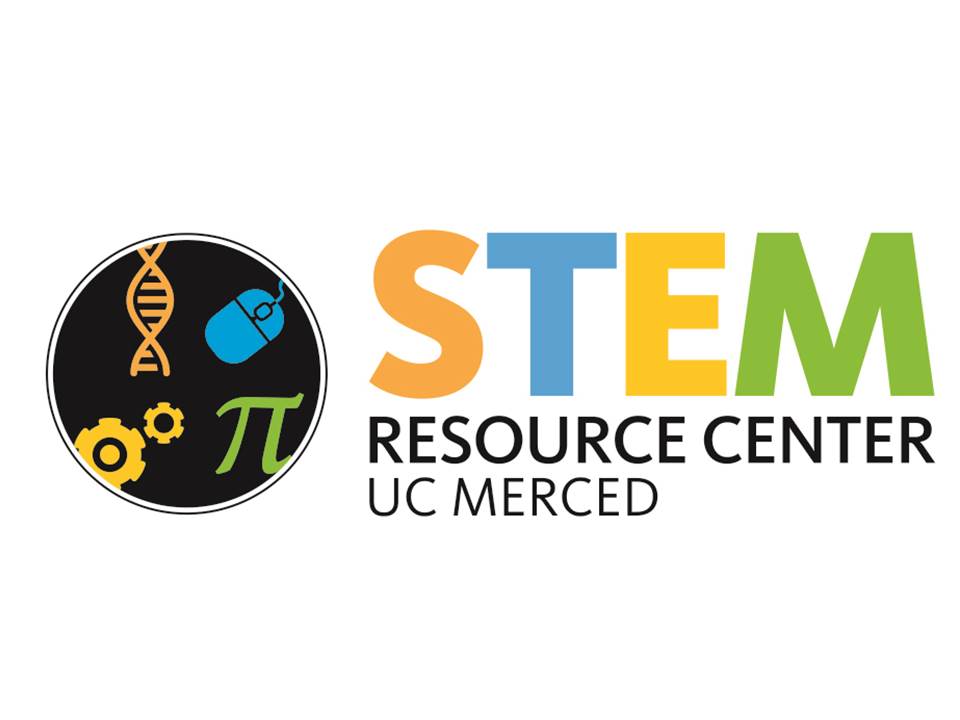Multidisciplinary Research
Chemistry, physics, biology, and engineering fields—to study how biological matter assembles to perform specific tasks, in hopes of eventually being able to engineer and develop innovations (from designer cells and tissue to novel diagnostic and therapeutic devices)
The NSF CREST Center for Cellular and Biomolecular Machines focuses on three specialized research areas in Phase II: Protein Metamorphosis and Responsive Nanodevices, Adaptive and Responsive Mesoscale Assemblies, and Adaptive Cellular Communication.
|
Thrust 1 Faculty
Eva de Alba Bastarrechea, Lead
Roberto Andresen Eguiluz
Michael Colvin
Aaron Hernday
Andy LiWang
Patricia LiWang
Andrea Merg
Victor Muñoz
Tomas Rube
Anand Bala Subramaniam
Shahar Sukenik
Michael C. Thompson
Faculty Affiliates
Juris Grasis
|
Thrust 2 Faculty
Ryan Baxter
Kinjal Dasbiswas, Lead
Sayantani Ghosh
Ajay Gopinathan
Linda Hirst
Kevin Mitchell
Maxime Theillard
Tao Ye
Faculty Affiliates
N/A
|
Thrust 3 Faculty
Roberto Andresen Eguiluz
Daniel Beller
Kinjal Dasbiswas
Xuecai Ge
Arvind Gopinath
Ajay Gopinathan
Bin Liu
Kara McCloskey
Suzanne Sindi
Joel Spencer
Fred Wolf
Stephanie Woo, Lead
Faculty Affiliates
N/A
|
Thrust 1: Protein Metamorphosis and Responsive Nanodevices
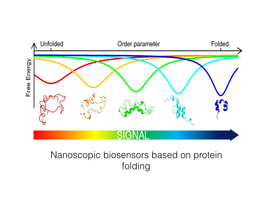
Thrust 1: Protein Metamorphosis and Responsive Nanodevices.
Phase II research focuses on the emerging theme of protein metamorphosis as mechanism to enable natural and synthetic controllable biological nanodevices, organized in two broad areas: the functional roles of gradually morphing proteins; and engineering of control systems of the assembly-disassembly of biological macromolecular assemblies.
Thrust 2: Adaptive and Responsive Mesoscale Assemblies
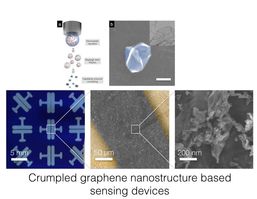
Thrust 2: Adaptive and Responsive Mesoscale Assemblies.
In Phase II, the focus is to understand the mechanisms that enable assemblies to function collectively in adaptive and responsive ways as well as exploiting them for applications.
Thrust 3: Adaptive Cellular Communication
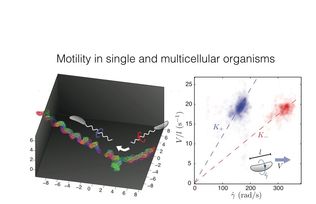
Thrust 3: Adaptive Cellular Communication.
Phase II will examine the impact of cell-cell and cell-matrix mechanical interactions on collective cell motility, patterning and the emergence of function, combining experimental and modeling approaches.

